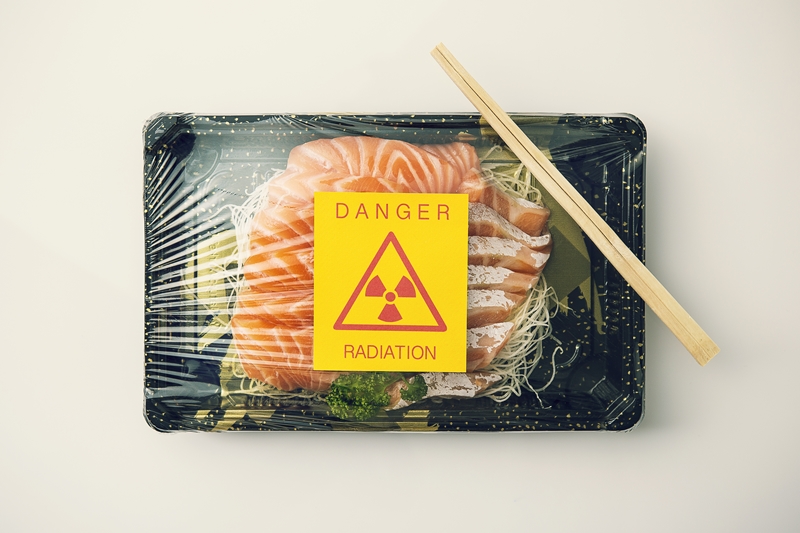
The Ministry of Food and Drug Safety from Aug. 23 will conduct stricter inspections for radioactive contamination on 17 products imported from Japan. (iclickart)
By Min Yea-Ji and Kim Minji
The Ministry of Food and Drug Safety from Aug. 23 will double the volume of testing of Japanese food imports that have been sent back due to radioactive contamination based on inspection results over the last five years, and double the number of safety inspections on such items.
Such products have been tested once for radiation per kg by manufacturing date but this will be raised to two tests from Aug. 23.
The stricter inspections will be applied to 17 Japanese food imports: processed food including instant coffee (10), agricultural goods including blueberries (three), food additives (two) and health supplements (two).
Since the 2011 Fukushima nuclear meltdown, the ministry has banned the import of seafood from eight prefectures and 27 agricultural items from 14 prefectures in Japan. Other items are tested on a case-by-case basis. Detection of even a tiny trace of radiation requires the submission of additional inspection reports on other radioactive materials, and if they are not provided, the products are sent back.
The ministry said, "Japan has never submitted such additional reports so all imported items testing positive for radiation have been sent back and not been distributed or sold in the country."
"From now on, because we place the highest priority on public health and safety, we will do our best to manage the safety of imported food products."
The tightened inspections are in response to growing fears in Korea over the safety of Japanese food imports due to potential contamination from exposure to radiation in the 2011 Fukushima plant disaster, and Greenpeace Korea's warning that Japan plans to release a million tons of radioactive wastewater from the reactor into the Pacific Ocean.
jesimin@korea.kr